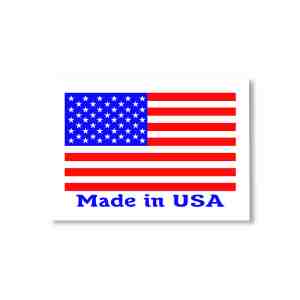Today capitalism still engages in economic criminal activities which are socially sanctioned. It is called tax avoidance. Where the law or regulations are silent, or allow for a wide interpretation of what is allowed or not, the speculator, the CEO the venture capitalist, etc.etc. will take advantage to get around the law or regulation. Until they are caught or bankrupt the company. Then new laws are created by the state to level the playing field, and the whole process comes full circle.
The one thing criminal capitalists can count on is being welcomed back to the old boys club with open arms by their ruling class chums. Heck they are proud of their reputation as the black sheep. And their class applauds their valiant efforts.
Of the more than 1,200 wealthy individuals that have appeared on Forbes's annual list of the 400 richest Americans over the past quarter century at least 13 have been convicted of serious crimes or jailed.They include some well-known names: Wall Street's, Ivan Boesky and Michael Milkin from the Gordon Gecko junk bond era, the silver-speculating Hunt brothers, media diva Martha Stewart and the late Leona Hemsley, the hotelier.
SEE
A Day in the Life of Corporate Criminals
It's the company you keep
Agribusiness Bad Boys
Criminal Capitalism-West-Jet
Money Laundering Canadian Style
India Is Now A Capitalist State
Too Greedy
White Collar Crime Reporter 1
Criminal Capitalism The Story of 2006
Hedge Funds, Junk Bonds, Ponzi Schemes
Bring Out Your Dead
Money Laundering Canadian Style
Criminal Capitalism ReduxCredit Card Fraud
Golden Parachutes
1666 The Creation Of The World
Dirty Laundry Business as Usual
Calgary Fraud Funds Dubai Boom
Casino Capitalism
Are Income Trusts Money Laundering
Unproductive Capital
More Criminal Capitalists
Income Trust Fraud
Criminal Capitalism: Office Romance
Yeltsin's Legacy
Contracting Out Is A Crime
Find blog posts, photos, events and more off-site about:
CEO, pay, golden parachutes, Corporations, fatcats, rich, super rich, America,
hedge funds, ponzi, risk, capitalism, bubble, Junk bonds,
criminology, corporate-crime, white-collar-crime, sociology, hedge funds, scandal, criminal-capitalism, workers, employees, theft,








